THE LABEL
Here’s how to get it and the advantages of the scheme
REGISTER
THE 20 CHALLENGES
START THE JOURNEY
AN AMBITIOUS PROJECT BORN IN ITALY
The Sustainable Logistics® Scheme is the first initiative that anticipates the qualitative assessment of the degree of maturity of logistics processes on the governance and environmental, social and economic axes, to which is added a further axis for measuring performance on the system vision (interdependence) and open innovation.
HOW IT WORKS
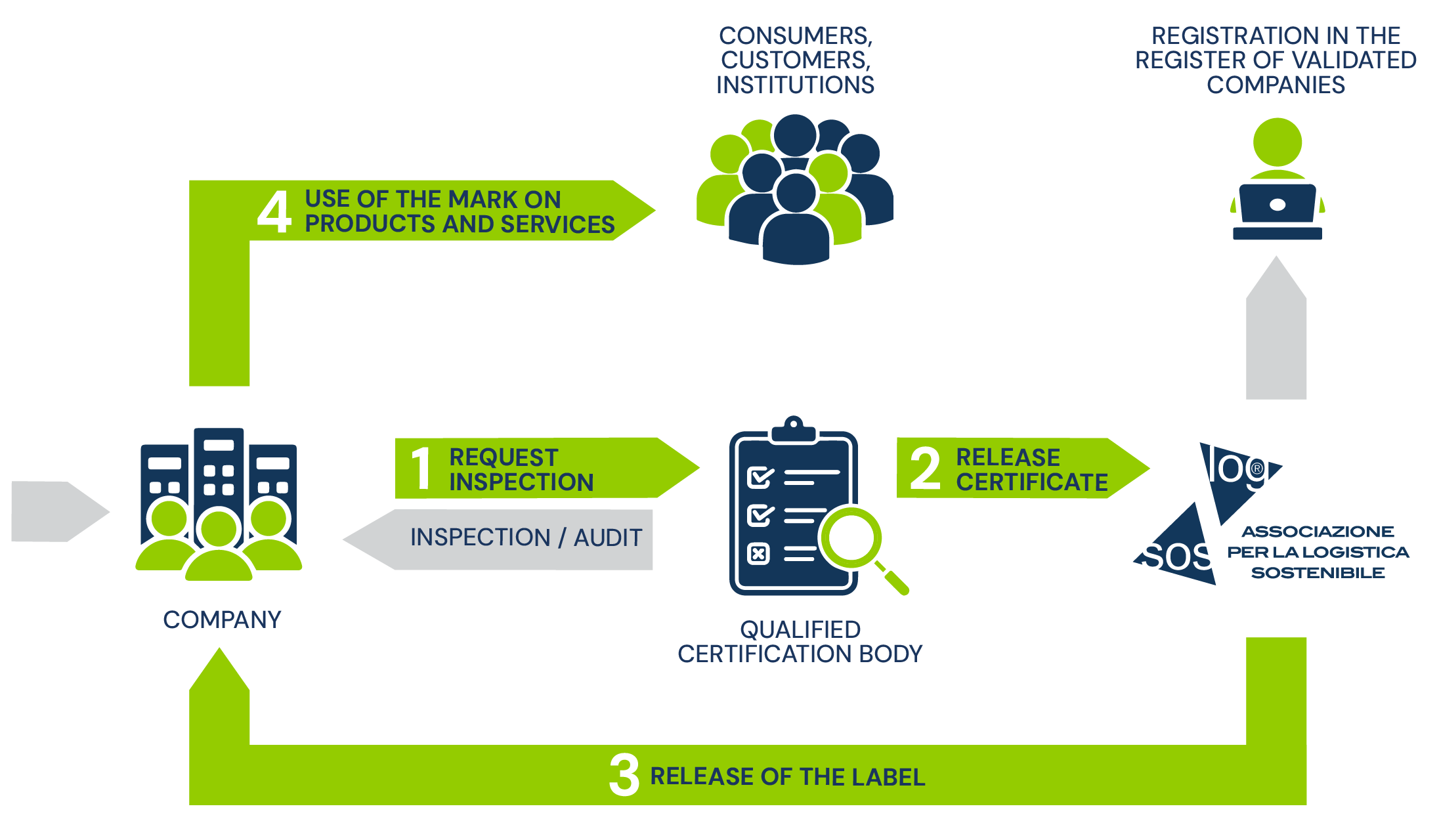
THE SCHEME IN DETAIL
The Sustainable Logistics® scheme devised by SOS LOGistica is a pathway for:
Carrying out an initial self-assessment with the assistance of specialised professionals chosen independently by the company
Obtain a qualified rating by passing a two-stage audit process carried out by a third, independent and qualified certification body
Update and improve your rating with a minimum commitment of three years
WHY A SUSTAINABLE LOGISTICS® SCHEME?
1
To be able to support companies to take the first step towards sustainability of their organisation and processes in a structured, progressive and practical way
2
To raise a new awareness and capacity for choice in contracting customers who need to improve their sustainability performance along their supply chains, which are increasingly outsourced (third-party logistics)
3
In order to raise a new awareness among consumers, who will be able to recognise and appreciate the difference of a product or service, not only on the basis of its origin, production method, packaging and brand, but also by considering the logistical process that determined its life cycle
BENEFITS
The Sustainable Logistics® Scheme aims to offer a practical and scalable response to the challenges that the logistics sector is currently facing. How?
Translating and adapting sustainability concepts and good practices specifically for logistics
It helps to build a path of continuous improvement that both large and small to tiny companies can take
Allows you to measure yourself against an industry benchmark of excellence
Enables faster access to industry expertise and best practices
It offers a label and a related register of qualified companies, as a public and certified competitive asset, to highlight your commitment and maturity on ESG issues
Supports the creation of enterprise value over the long term
DOWNLOAD PROJECT DOCUMENTS
APPLICATION FORM
Download the application for the Register of Qualified Companies
PROCESS
Download the process guide for entry in the Qualified Companies Register
TERMS&CONDITIONS
Download the Scheme Regulation
CODE OF ETHICS
Download the SOS-LOGistica Code of Ethics
CERTIFICATION BODIES
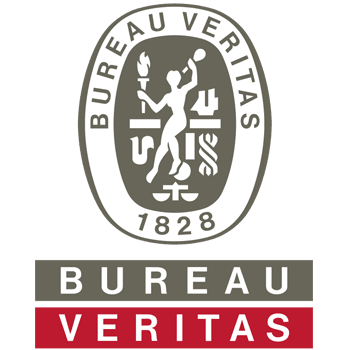
Bureau Veritas Italia has been a major player on the international scene in inspection, conformity assessment and certification services since 1828, with approximately 77,000 employees and a presence in 140 countries. It offers a wide range of verification services related to sustainability challenges. From worker protection to environmental protection, from energy efficiency to the circular economy, Bureau Veritas is a partner for organisations committed to sustainability.
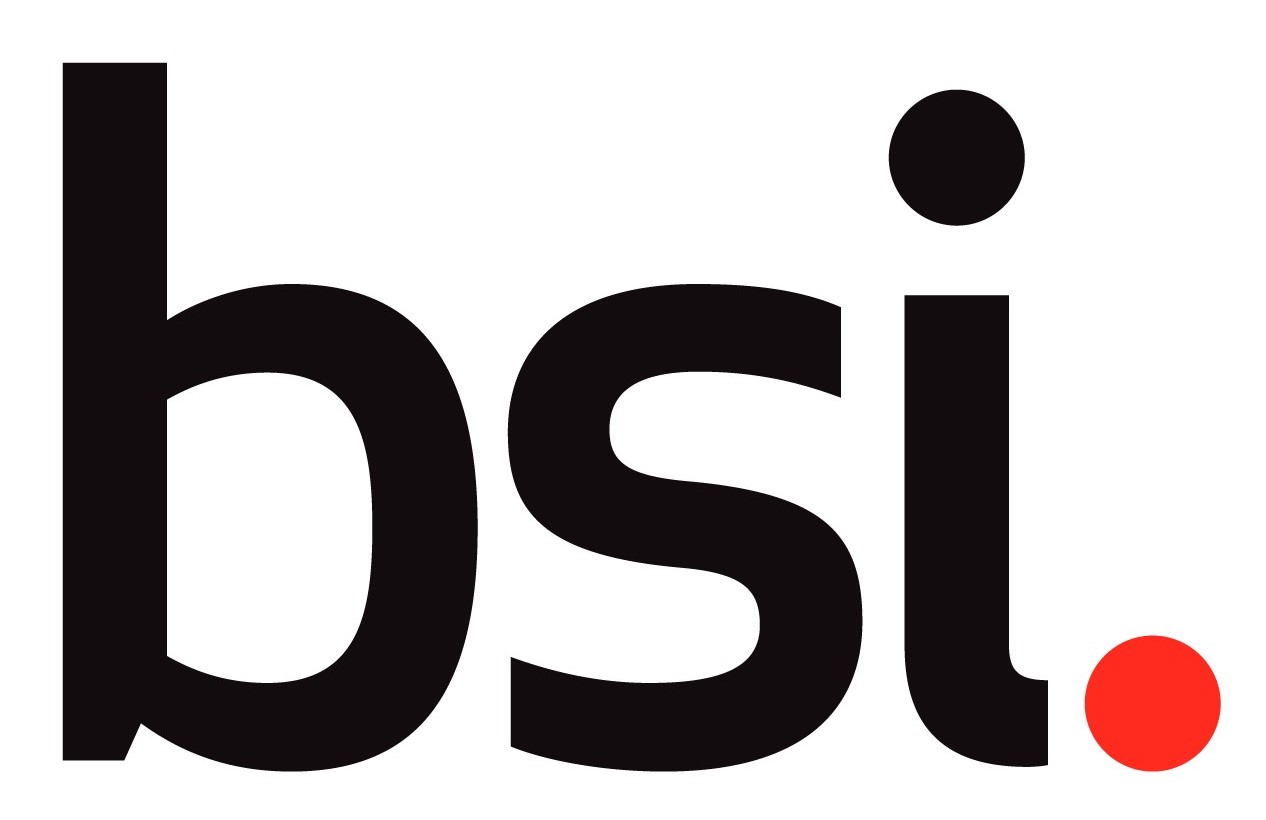
BSI (British Standards Institution) has for more than a century supported organisations around the world in bringing excellence in-house and building competencies and capabilities for sustainable growth, robust risk management and increased resilience. As a leading standards body, it provides a wealth of experience in delivering solutions and services that improve performance and support the United Nations Sustainable Development Goals. As a certification body, it can carry out Logistics Sustainability Scheme inspection and verification activities at relevant organisations by assessing their logistics and supply chain processes based on their environmental, economic and social impacts.

Certiquality offers certification, inspection and training services, useful tools to ensure the sustainability and reliability of organisations, products, processes and services. The green and circular economy, social responsibility, data protection and cyber security as well as transition 4.0 are some of the areas of greatest interest for the future evolution of companies and Certiquality focuses its innovation on these areas. Certiquality has already been chosen as a partner by many important Organisations in the world of production and logistics committed to sustainability, and with SOS-LOGistica it intends to strengthen and promote this commitment even more.
THE 20 CHALLENGES OF SUSTAINABLE LOGISTICS
Environmental focus
Contribution to an effective circular economy
1. WASTE VALORISATION
The challenge is to adopt circular economy models and promote the paradigm shift of waste and scrap… that can be valorised.
Disposal can become an ADDED VALUE, i.e. move from cost to revenue, through innovation and paradigm shift. How? Through the 5Rs: R for Energy Recovery, R for Waste Reduction, R for Separate Collection, R for Reuse, R for Recycling.
ENERGY
2A. RENEWABLE ENERGY – ZERO CARBON FOOTPRINT
The challenge is to use renewable energy in one’s own value chain, improving the ratio renewables/total energy used.
The process of verifying the energy supply sources used along one’s own value chain must aim at a lower contribution in terms of CO2 emissions and at the same time provide the elements for proper planning of requirements and continuity of supply.
2B. RENEWABLE ENERGY – SELF-GENERATION
The challenge is to reduce the costs and risks of price variations: to become a self-producer of one’s own energy through cogeneration, renewables and energy savings.
DESIGN, PRODUCTION AND SUPPLY CHAIN
3. RETROACTIVE LOGISTICS INTELLIGENCE
The challenge is increasingly responsible product design that considers the effects on greenhouse gas and pollutant emissions, energy consumption, soil, water and other natural raw materials at all stages of product life.
The organisation uses data on logistics processes to improve product design processes (weight, transportability, resilience, durability, etc.).
4. INVERSE MANUFACTURING
The challenge is the re-use of the product at the end of its life cycle.
The organisation decided to re-use (or contribute to re-use processes of its products through partnership models or business networks) or some of their components to manufacture new products, after re-conditioning the product components at the end of their life cycle.
5. REDUCTION OF HARMFUL EMISSIONS THROUGHOUT THE SUPPLY CHAIN
The challenge is to respect the environment by reducing emissions of climate-altering gases into the atmosphere and consumption of natural resources.
The organisation acts to reduce pollutant emissions in its supply chain and at the same time measures its direct and indirect environmental impact on natural resources (air, water, soil), while striving for a neutral balance in the medium and long term.
DISTRIBUTION AND TRANSPORT
6. TRANSPORT EFFICIENCY AND MOVEMENT OF GOODS AND PEOPLE
The challenge is to develop policies and rules for efficient distribution, handling, storage and transport processes.
Development of policies for filling in and out of vehicles to improve vehicle saturation. Reduction of TCO (total cost of ownership) through investment in handling and transport equipment that reduces environmental impact and operating costs.
7. INTERMODALITY
The challenge is to balance ‘level of service-cost-emissions’ by developing intermodal transport solutions and identifying targets for improvement on an annual basis.
PEOPLE AND PROCESSES IN LOGISTICS
8. TRAINING
The challenge is the awareness of individual (and organisational) behaviours and competence which develop sustainability: designing and implementing widespread information-training on values, behaviours, and good practices of sustainability, comparing competitors, involving local stakeholders, employees and executives.
9. DIGITALISATION OF OPERATIONS
The digital challenge includes digitalisation of processes to reduce costs, improve turnaround times and optimise processes resulting in lower emissions and lower costs.
10. KAIZEN
The challenge is the continuous improvement of products and processes: having a strategy, organisation and planning for the continuous improvement of processes/products and operational sustainability indicators.
11. METRICS – MEASUREMENT OF RESULTS AND PERFORMANCE
The challenge is to activate indicators to promote virtuous practices: to translate practices deemed virtuous into incentive mechanisms, using economic indicators (KPIs: Key Performance Indicators) as measurement tools.
LOGISTICS ECOSYSTEM
12. PARTICIPATORY DESIGN OF SUSTAINABLE SOLUTIONS
The challenge is stakeholder participation in solutions: learning from stakeholders, accelerating and innovating solutions, and including one’s employees, customers, suppliers or competitors in the design of sustainable solutions.
13. COMMUNITY AND GOVERNMENT
The challenge is the inclusion of ‘territory’ in corporate projects: harnessing community know-how and govenment information and policies to improve projects and reputation locally.
14. RESOURCE SHARING
The challenge is to collaborate with stakeholders – sometimes even competitors – to reduce costs: to share key resources such as warehouses, means of transport and delivery routes in order to reduce costs and environmental impact.
Economic focus
SUSTAINABILITY INVESTMENTS
15. INVESTMENT DECISION-MAKING PROCESS
The challenge is the set of investment approval criteria, such as new payback periods and the redefinition of the criteria implicit in ROI.
Sustainability becomes ‘good business’. Sustainability investments include new criteria related to wellbeing and quality of life as well. Payback times are different from the ones used for productivity or marketing investments.
Social focus
FOREIGN SUPPLIES
16. SOCIAL PROCUREMENT
The challenge is in purchasing countries where social protection is not regulated through international standards.
The social dimension, such as child labour, gender equality, safety in the workplace must be aligned with the standard values of developed countries or international bodies such as the ILO (International Labour Organisation).
RELATIONS WITH THE TERRITORY
17. LOCAL HEALTH AND SAFETY
The challenge is the impact on the area surrounding the production or commercial facility, which must ensure standards shared with the local population. Environmental impacts, such as emissions and noise, must meet standards shared with local communities, even surpassing the law.
18. DRIVINT MEANS OF TRANSPORT
The challenge is efficiency that creates energy savings and safety.
Safety comes first: invest in driver training and performance measurement systems.
SYSTEM VISION AND INNOVATION
COMPLEXITY
19. RECOGNISING THE COMPLEXITY OF LOGISTICS
The challenge is “to become aware that only systemic thinking allows us to effectively represent a logistical process (supply chain): to understand and nullify the counter-intuitive effects of logistical choices, by adopting complexity simulation tools and developing a sustainable mindset as part od the organization culture.
INNOVATION
20. OPEN INNOVATION
The challenge is to look for solutions to the problems of Logistics – new product design, efficiency of production and distribution processes, new technologies, new organisational models – even outside the ‘gates’, even in adjacent or distant production industries, even by engaging internal collaborators and the existing supplier network. Look for sustainability solutions by going beyond one’s own supplier network and adopt the ‘Open Innovation’ paradigm in Logistics.
START THE JOURNEY
Fill in the form to join the Sustainable Logistics® scheme
REGISTER OF QUALIFIED COMPANIES
Here are some companies that can use the Sustainable Logistics® label having obtained the certificate in the current year.
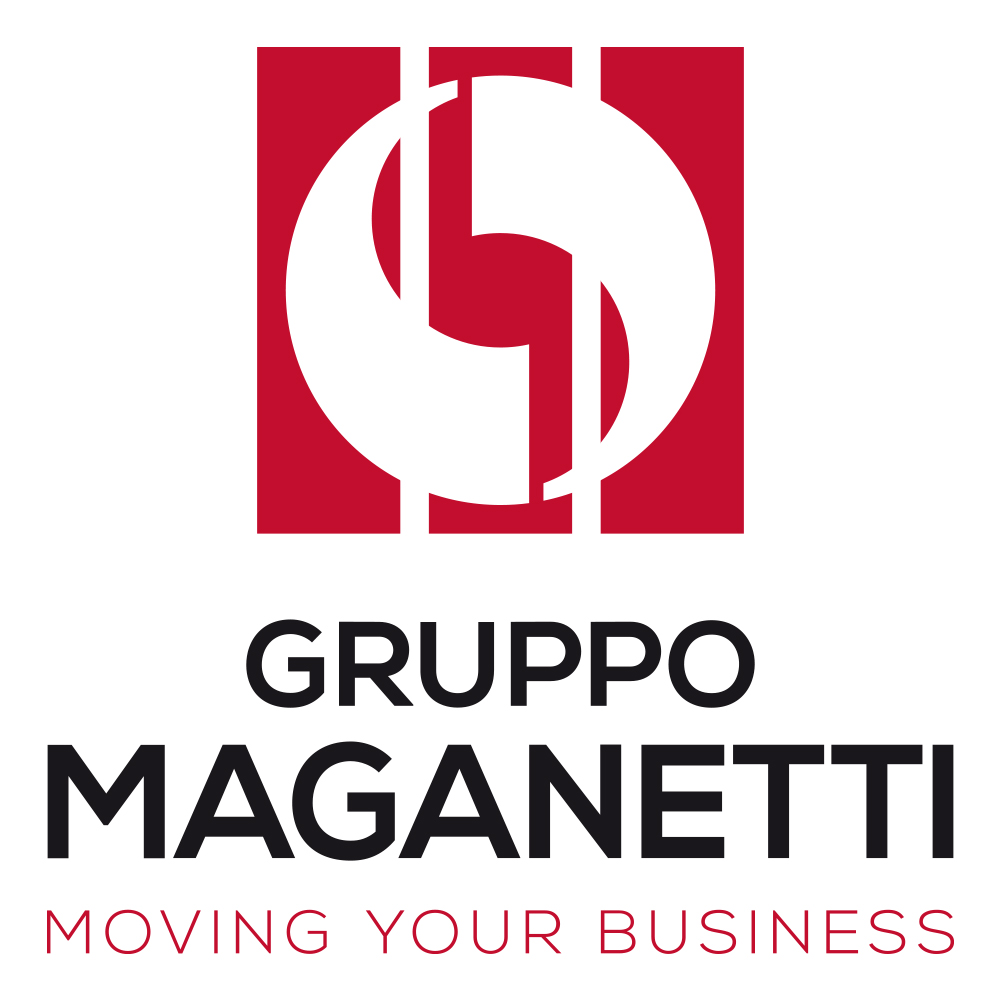
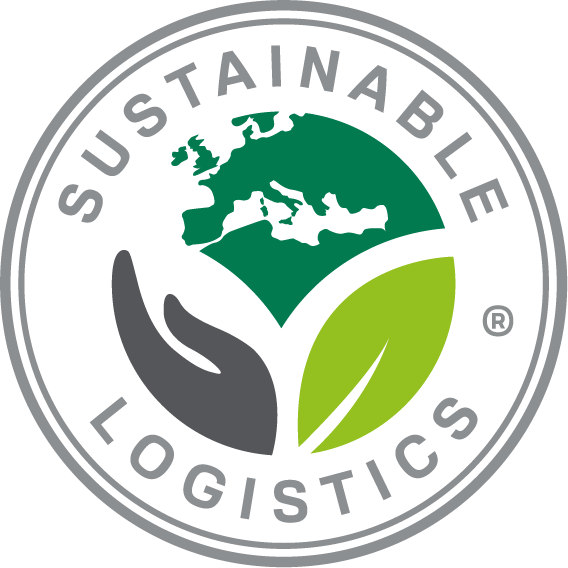
Maganetti Group is a network of companies linked to the world of transport and logistics, all united by the objective of providing the highest quality service and timely and effective customer support, so much so that they have chosen ‘moving your business – we transport your business’ as their corporate payoff.
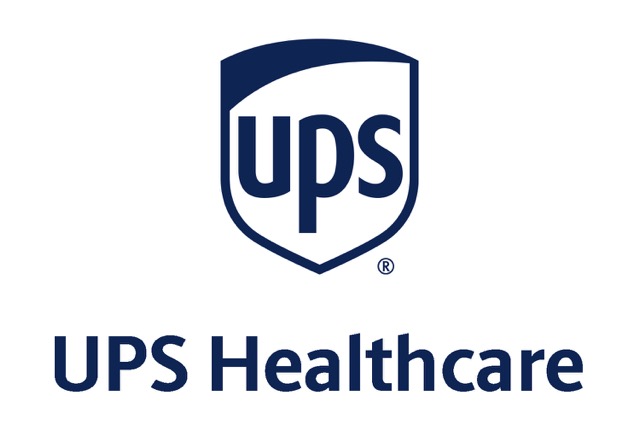
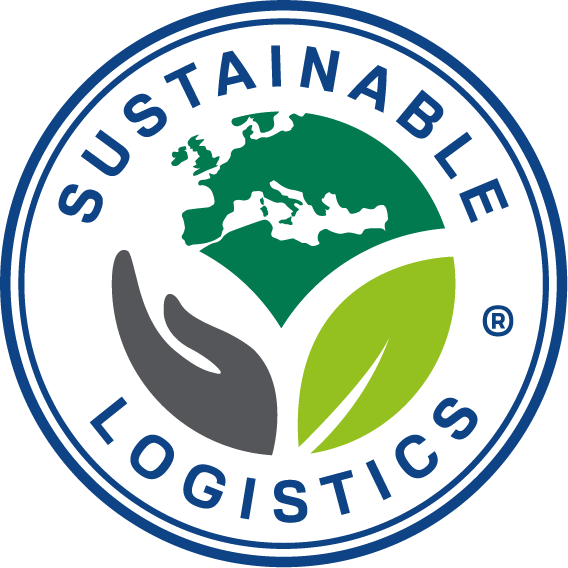
With more than 1,600,000 square metres of healthcare distribution space compliant with cGMP and GDP standards, UPS Healthcare offers services such as inventory management, temperature-controlled packaging and shipping, order fulfilment and laboratory and clinical trial logistics. Its global infrastructure, UPS® Premier visibility service, tracking technology and global quality system meet the complex logistical demands of the pharmaceutical sector, particularly in the cold chain, advanced clinical therapies, laboratories and diagnostics, pharmaceuticals, home healthcare and medical devices.
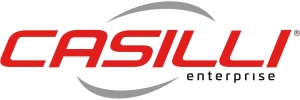
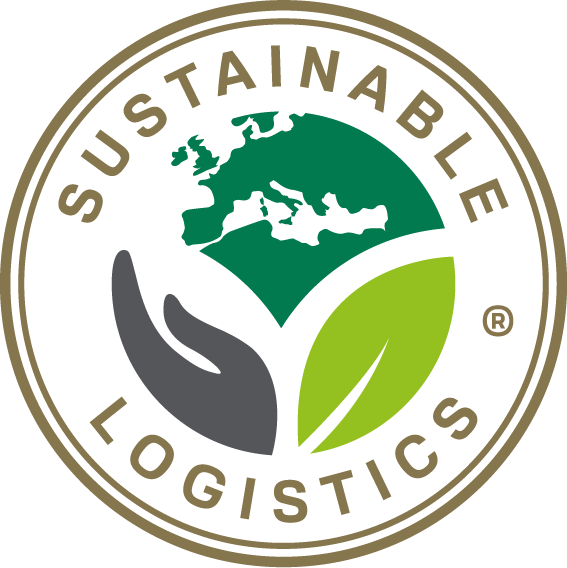
Casilli Enterprise was born from the combined experience and innovation of the Casilli family, which has been operating in the transport and logistics sector for three generations. Through highly qualified personnel, Casilli Enterprise competently handles all transport and storage requirements for all kinds of goods, including temperature-controlled products.
